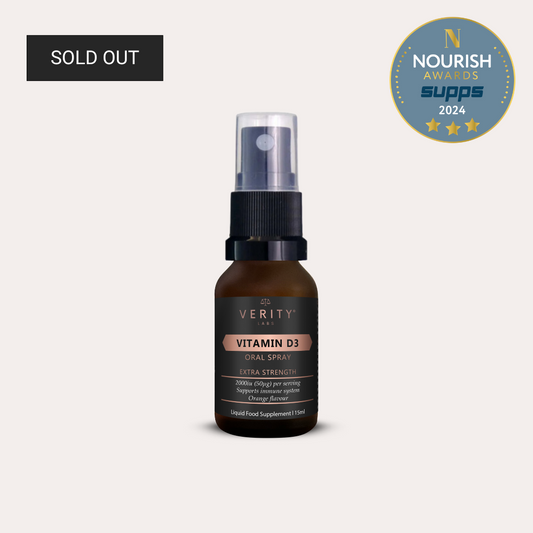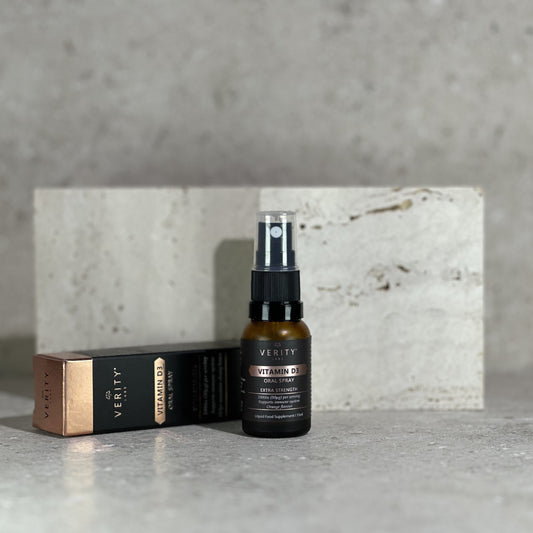The relationship between the brain and gut has become a focal point in health discussions, as research reveals the significant influence this connection has on overall well-being. This interaction plays a crucial role in both mental and physical health, and it can be particularly relevant when exploring causes of bloating. Understanding this complex relationship can offer insight into why digestive discomfort occurs and how to manage it effectively.
The Communication Between Brain and Gut
The brain and gut maintain an intricate, ongoing conversation that affects digestion and mood. This relationship is mediated through the nervous system, hormones, and immune responses. One of the key players in this communication is the vagus nerve, which helps relay signals between the brain and digestive system.
Adding to this dynamic is the gut microbiome, the vast community of bacteria that reside in the digestive tract. These microorganisms produce chemicals like serotonin and dopamine, which are well-known for their roles in mood regulation but also impact digestive processes.
Bloating: More Than Just Digestion
Bloating, a feeling of abdominal fullness or tightness, is often linked to diet or gas build-up. However, it is also deeply connected to the communication between the brain and gut. Here are some ways this relationship can contribute to bloating:
- Stress and Emotional Health: Psychological stress can disrupt signals between the brain and gut, leading to changes in how the gut functions. Stress triggers the release of hormones such as cortisol, which can slow digestion or make the gut more sensitive, resulting in bloating.
- Gut Microbial Imbalances: The gut microbiome plays a significant role in processing food and maintaining gut health. An imbalance in this community, called dysbiosis, can lead to digestive issues such as bloating. Diet, stress, and lifestyle habits can all negatively impact the balance of gut bacteria.
- Irritable Bowel Syndrome (IBS): IBS is a common condition where communication issues between the brain and gut can lead to bloating, pain, and changes in bowel habits. Research shows that people with IBS often have heightened sensitivity in their gut, making them more prone to discomfort.
- Small Intestinal Bacterial Overgrowth (SIBO): SIBO is a condition where an abnormal number of bacteria grow in the small intestine. These bacteria can ferment food prematurely, producing excess gas and leading to bloating, pain, and other digestive issues. SIBO can develop due to slowed gut motility, which can be influenced by the brain’s control over the digestive system. Chronic stress and conditions that disrupt gut-brain communication can contribute to the development of SIBO.
Common Causes of Bloating: A Brain and Gut Perspective
Several factors can cause bloating, many of which are influenced by the interaction between the brain and gut:
- Diet: Foods that are hard to digest, such as those high in FODMAPs (fermentable oligosaccharides, disaccharides, monosaccharides, and polyols), can trigger bloating. Eating habits, like eating too quickly, can also lead to excess air intake.
- Sleep Patterns: Poor sleep can disrupt the balance of the gut microbiome and increase stress, which can lead to digestive discomfort.
- Lack of Exercise: Physical activity supports gut motility, helping to move food through the digestive tract. A sedentary lifestyle can slow this process, contributing to bloating.
- Chronic Stress: Persistent stress can interfere with digestion by reducing stomach acid production and digestive enzyme activity, which may lead to inefficient digestion and bloating.
How to Manage Bloating by Supporting Both Brain and Gut Health
Managing bloating effectively involves a comprehensive approach that takes both brain and gut health into consideration. Here are strategies to help manage and reduce bloating:
- Stress Management and Mindfulness: Incorporating relaxation techniques such as meditation, yoga, and deep-breathing exercises can help lower stress levels and promote healthier digestion.
- Probiotic and Prebiotic Foods: To support gut health, include probiotic-rich foods like yoghurt, kefir, and fermented vegetables in your diet. Prebiotics, found in foods such as garlic, onions, and bananas, can help nourish beneficial bacteria and foster a balanced gut environment.
- Adjust Your Diet: Identifying and reducing intake of high-FODMAP foods can help minimise bloating. Keeping a food diary can be useful for tracking which foods trigger symptoms, and consulting with a dietitian can provide additional guidance.
- Eat Slowly and Mindfully: Taking the time to eat slowly and chew food thoroughly can prevent the intake of excess air and promote better digestion.
- Increase Physical Activity: Regular exercise, such as walking or stretching, can aid digestion and reduce bloating. Even light movement after meals can help keep the digestive system active.
- Stay Hydrated: Drinking sufficient water helps maintain regular bowel movements and prevents constipation, a common cause of bloating.
Debloat and Soothe for Bloating and SIBO
The relationship between the brain and gut is an essential aspect of understanding why bloating occurs and how to manage it. Emotional health, stress levels, and gut microbiome balance all play significant roles in digestion and can impact bloating. Adopting a holistic approach that includes stress management, dietary changes, and lifestyle adjustments can make a significant difference in managing bloating. By nurturing both mental and digestive health, it is possible to achieve a more harmonious state of well-being and reduce the discomfort of bloating.
Our natural Debloat & Soothe supplement has been designed by qualified nutritionist to help address bloating and SIBO naturally. It is formulated with a blend of anti-bacterial, anti-fungal, and anti-inflammatory botanicals, combined with digestive enzymes and probiotics. These ingredients work synergistically to enhance digestion, support your gut microbiome and prevent bloating.
If you have any questions about our supplement, please visit our contact page and reach out to our friendly team. We are here to ensure our product meets your needs and delivers the results you are looking for, so please get in touch!
















